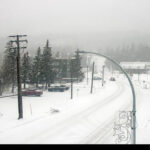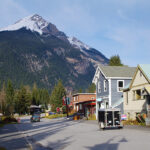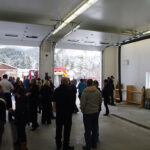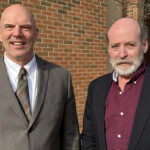Home »
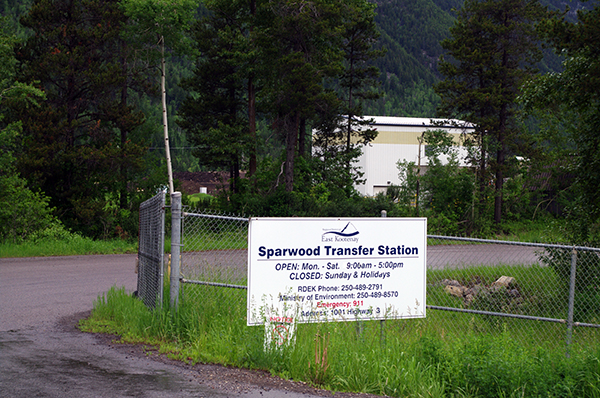
Elk Valley opts back into regional organics program
 The Elk Valley will once again be part of the regional organics program after Elk Valley’s Regional District of East Kootenay (RDEK) directors reversed a decision earlier this year and voted in favour of re-joining the East Kootenay Regional Organics Strategy and constructing an organics processing facility at the Sparwood Transfer Station.
The Elk Valley will once again be part of the regional organics program after Elk Valley’s Regional District of East Kootenay (RDEK) directors reversed a decision earlier this year and voted in favour of re-joining the East Kootenay Regional Organics Strategy and constructing an organics processing facility at the Sparwood Transfer Station.
“This decision means the Elk Valley Subregion will benefit by having a facility to process yard and garden waste and create a future opportunity for the general public to participate in more wide scale organics composting,” explained RDEK Environmental Services Manager Kevin Paterson. “Other benefits include creating a useful end product, reducing our transportation costs by not moving waste outside the region and saving landfill space, and reducing methane and leachate production from landfills.”
In the spring of 2019, the RDEK successfully received over $646,000 in funding for the Regional Organics Strategy through the BC Organics Infrastructure Program.
This works out to 66% capital funding for Phase 1, which includes the construction of organics processing facilities in each of the RDEK’s three subregions: Central, Columbia Valley and Elk Valley. Each of the subregions has also committed $166,000 in funding over five years to complete Phase 1 construction, which is expected to be complete by 2022.
Phase 2 of the project will focus on the collection of organic material and will be rolled out over 5 years between 2022 and 2026.
Currently, the Elk Valley pays $73/tonne to haul and dispose of its solid waste at the Central Subregion Landfill. The operational cost of the Elk Valley facility is expected to be approximately $50/tonne.
As operating costs have been a key focus of discussion, the Elk Valley directors also passed a resolution at the May RDEK board meeting that the operating costs per tonne not exceed the cost per tonne of hauling and tipping waste at the Central Landfill.
In the most recent waste audit, compostable organics made up 29% of the RDEK’s waste stream and having more options to deal with organics was widely supported by the public through the Solid Waste Management Plan Review process. In addition, the Regional Organics Strategy is supportive of the province’s CleanBC target of 95% organics diversion by 2030.
This phase of the Regional Organics Strategy is being led by the RDEK’s Community Energy Manager and further program updates will be provided throughout the various stages of the project.
e-KNOW file photo
RDEK

